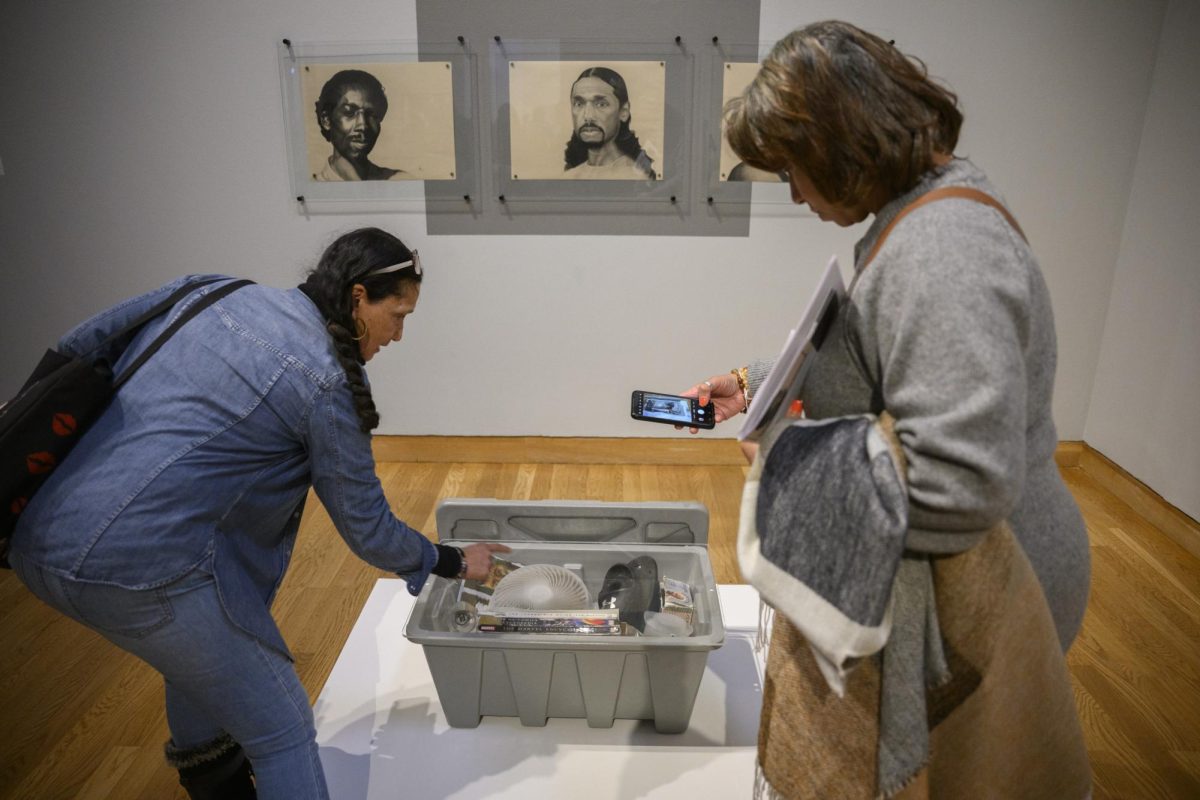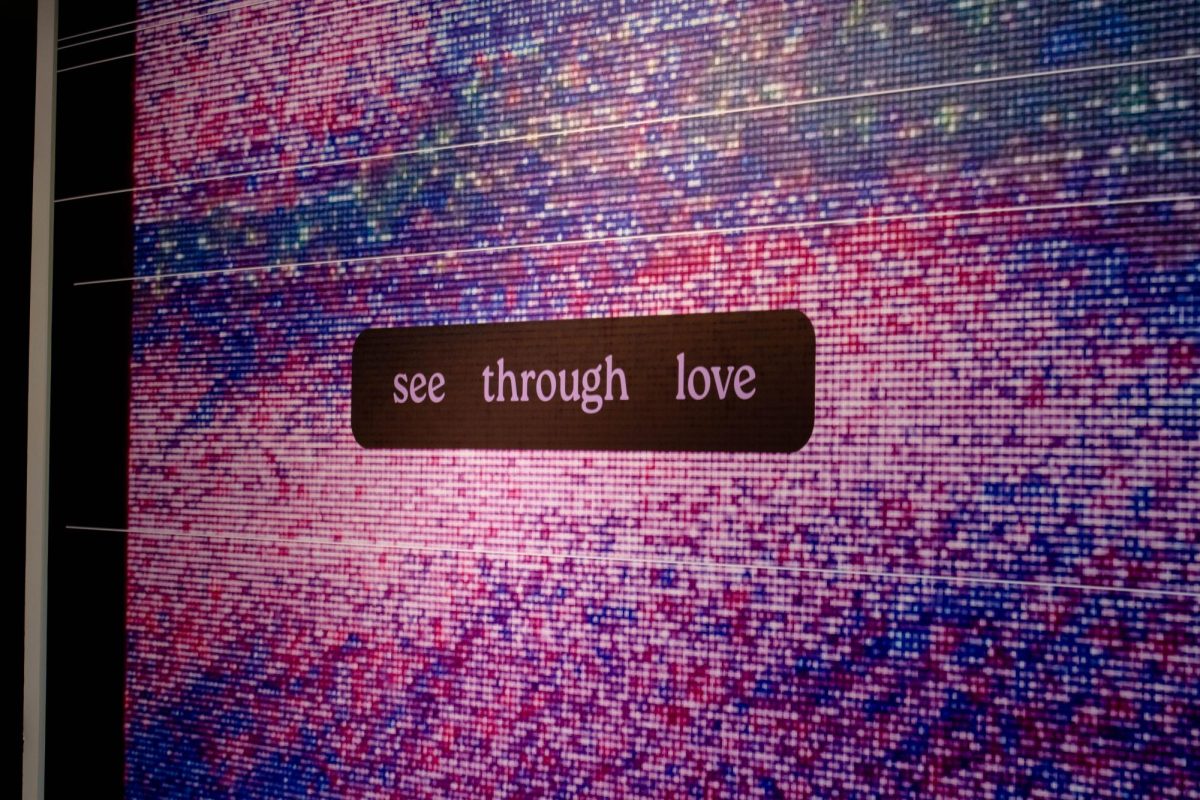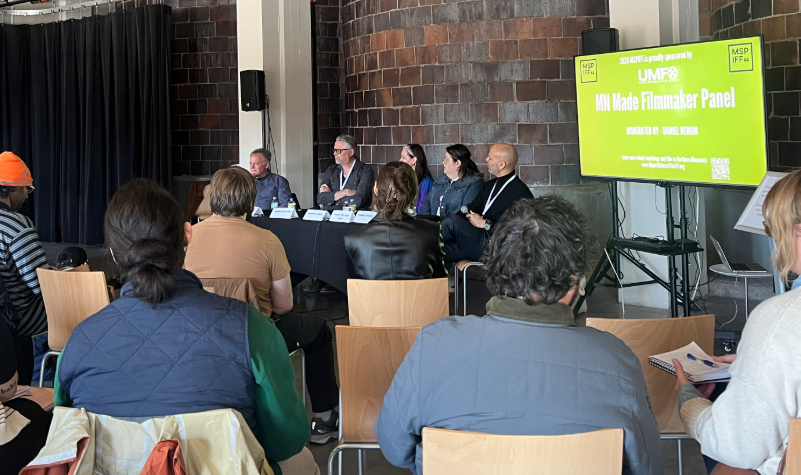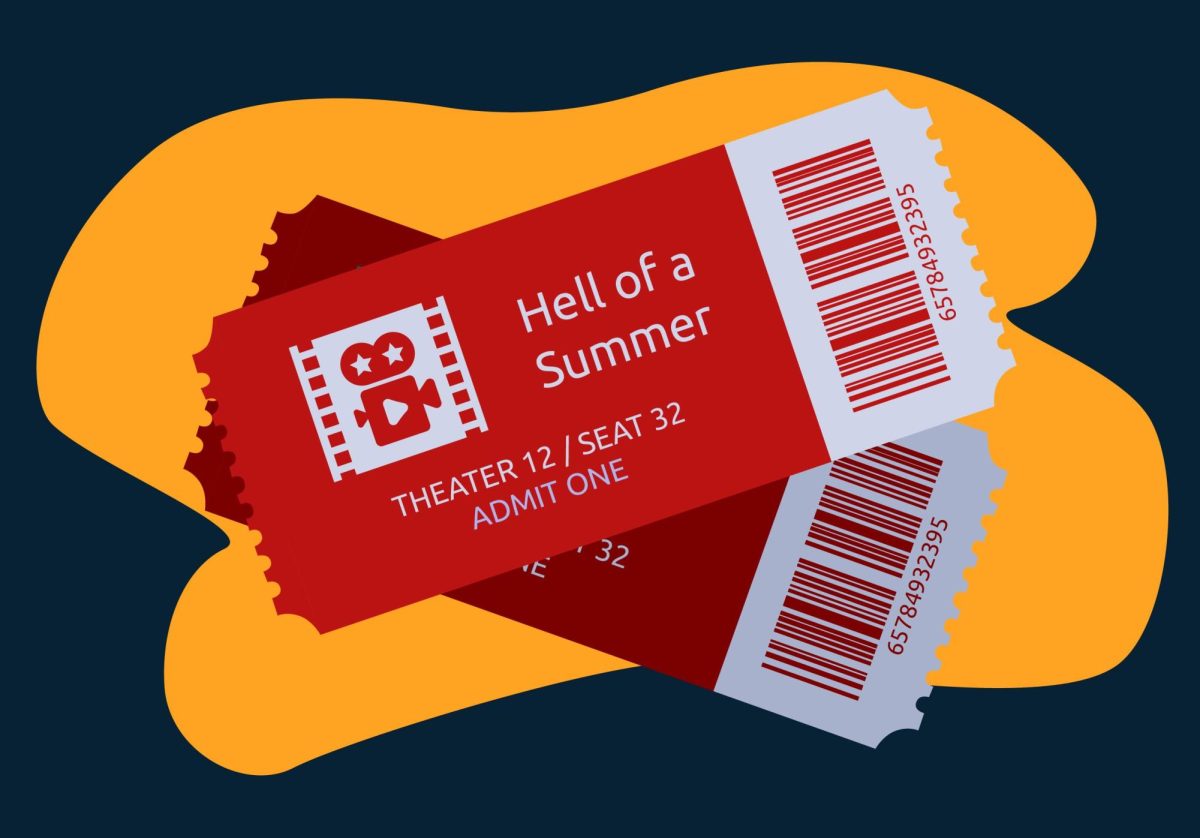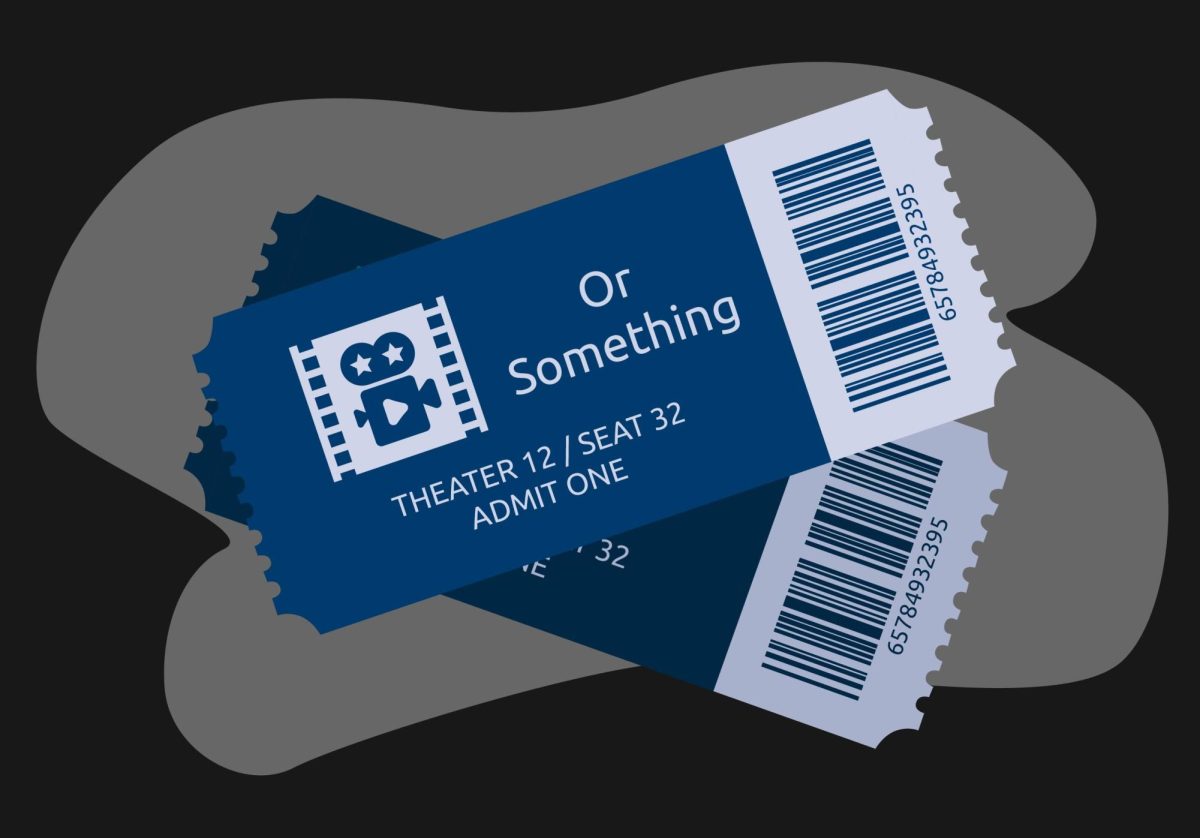The cards have all been dealt. The pot has swelled to enormity. The player at the table’s other end counts out the rest of his stack and slowly slides it to the center of the table. Under his breath, he mutters two words: “All in.”
Is he bluffing? Or does he have it? You can memorize all the books’ charts, figures or percentages, but in the heat of battle, you had better know how to actively think through the hand.
Phil Gordon, World Poker Tour champion and co-host of Bravo’s “Celebrity Poker Showdown,” decided to fill this gap in poker books with Ö another poker book.
He published his second work, “Phil Gordon’s Little Green Book,” this month.
A lot of books about poker might present a correct play, but they leave out the thinking behind it, he said.
“(Other books) may show you what to do, but getting into the thought processes of why you do it I think is more important,” Gordon said.
Prior to his appearance at the final table at the World Series of Poker in 2001, Gordon studied poker intensely, trying to absorb all the knowledge about the game.
“I’ve studied every single poker book of importance ever written,” he said. “There was a lot left to the game that wasn’t explained.”
One of the problems Gordon saw with the other books was the examples they gave.
“Examples are touch-and-go,” he said. “Understanding the differences in mental thought process is what this book is really about. I’d rather give you a thought process and let you make up your own decision.”
Gordon doesn’t use many examples in his book. Instead, much of it goes through his thinking on every step of a hand in what he calls his “script.”
He analyzes the table conditions and the psychology of his opponents to decide whether to take an aggressive stance on a hand, by betting and raising, or a defensive stance, by checking, calling or folding.
Gordon also stresses that there is no “right” way to play the game. He analyzes the strategies of some of its most successful players and explains what is successful about their styles – often through mathematics, which makes sense of the seemingly insane tendencies of hyperaggressive players.
Although it might seem odd that Gordon took time out from poker to write a book, he said he enjoyed teaching about the game more than playing.
“I’m doing what I love to do,” Gordon said. “If I really wanted to be at the table, I would make a way to do it. But right now, for me, it’s more important to teach and to do the stuff I’m really enjoying.”
Though Gordon had already written a book aimed at novice players, “Poker: The Real Deal,” he said writing the “Little Green Book” was a challenge.
“It was something I wanted to see if I could accomplish,” he said. “There’s some brand-new research and new simulations that I had to create in order to write the little green book. It’s changed my game and improved me as a player for sure.”
Gordon said he was excited about his appearance at Coffman Union.
“I’m looking forward to Minnesota,” he said. “You guys are poker-crazy up there.”
– A&E editor Jenna Ross welcomes comments at jross@mndaily.com.



